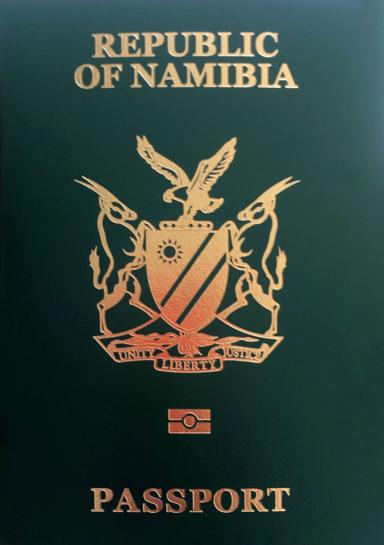Visa free access for Namibia
As a Namibia passport holder, you are permitted to travel visa-free to 104 countries and territories. This data is correct as of March 2024.
In order to travel visa-free, you will need a valid passport, often with at least six months until expiry. Additionally, you may need travel insurance, as required by your destination country.
Within these countries, there is often a separate section in airports where you can submit your Visa on Arrival. You will receive your visa on arrival (VOA) after entering the country that issued the visa.
Acquiring an eVisa follows the same process as applying for a traditional visa. The main difference with an eVisa is that you don’t need to visit a visa application centre. You can submit your application online, including making any payments relating to the visa.
Once the relevant authorities approve your application, you will receive a confirmation email regarding your visa status, along with a document that you must print and bring with you when crossing the border.
You will need a valid visa to enter the 104 countries with a Namibia passport.
About Namibia
Namibia, located in southwestern Africa, is renowned for its contrasting landscapes. The country’s climate varies from arid and semi-arid to sub-humid, with temperatures that can reach up to 40°C in summer and drop below freezing in winter. Despite its arid climate, Namibia is home to a rich variety of wildlife, including a significant cheetah population.
With a population of approximately 2.5 million people, Namibia is one of the least densely populated countries in the world. The culture is a blend of traditional and modern influences, with over 11 ethnic groups. English is the official language, but Oshiwambo languages are also widely spoken.
Namibia’s economy is heavily dependent on the extraction and processing of minerals for export. Mining accounts for 25% of the country’s income. Its main exports are diamonds, uranium, gold, zinc, and copper. Tourism also plays a significant role in Namibia’s economy, with wildlife and dramatic landscapes attracting visitors from around the world.
Namibia is a young country, having gained independence from South Africa in 1990. Despite its youth, it has a stable political environment and is considered one of the safest countries in Africa. Its capital city, Windhoek, is the social, economic, and cultural hub of the country.

 Namibia
Namibia




































































































































































































